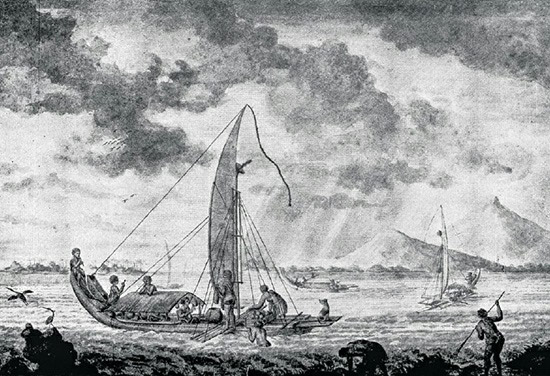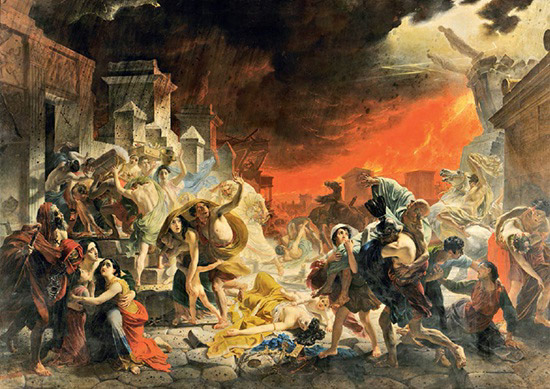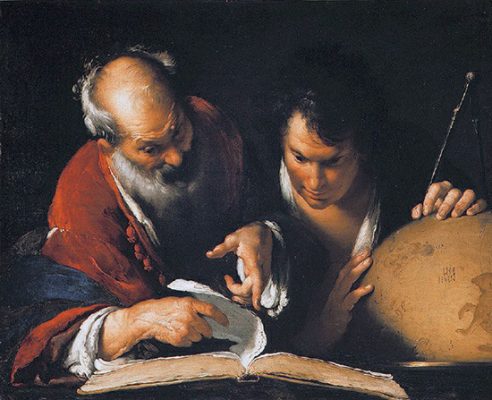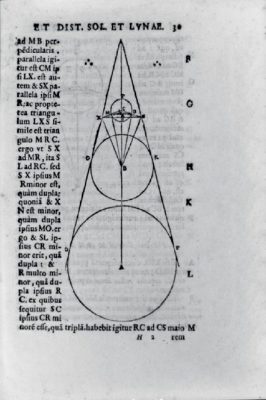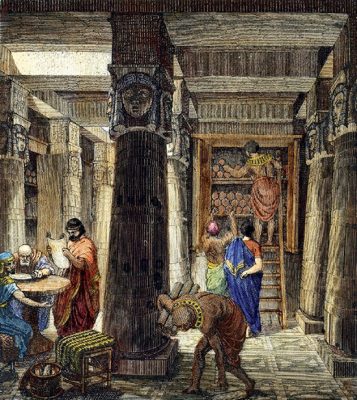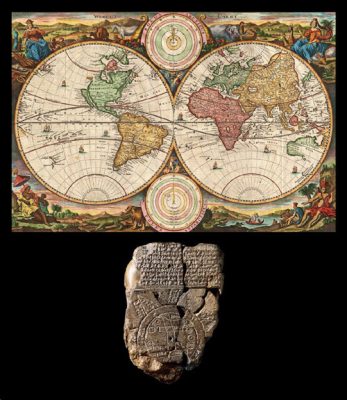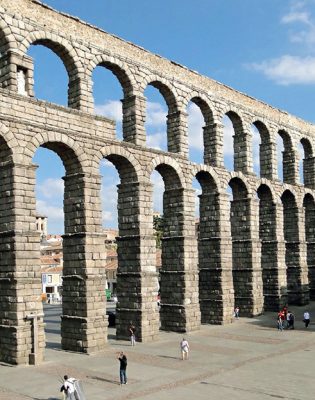c. 700-1200: Tracing the Polynesian Diaspora
The Polynesian diaspora, spanning 5,000 years, represents one of human history's most extensive and skilled migrations, as people from Southeast Asia settled across the South Pacific, creating a rich tapestry of cultures and communities
79: The Tragic Eruption of Vesuvius and Its Impact on Pompeii
The catastrophic eruption of Mount Vesuvius in 79 AD led to the destruction and burial of Pompeii and Herculaneum under ash, exemplifying the peril of living near active volcanoes and the interplay between human settlements [...]
c. 250 BCE: Eratosthenes’ Measurement of the Earth’s Circumference
Eratosthenes, known as the father of geography, accurately calculated the Earth's circumference over 2,200 years ago using simple observations of shadows and distances, a testament to the power of early scientific inquiry
c. 280 BCE: Aristarchus and the Concept of a Heliocentric Universe
Aristarchus, a Greek astronomer, challenged ancient geocentric beliefs by proposing a heliocentric universe, a revolutionary concept that wasn't widely accepted until centuries later with the works of Copernicus and Kepler
c. 300 BCE: The Great Library of Alexandria – A Repository of Ancient Wisdom
The Great Library of Alexandria, established around 300 BCE, symbolized the zenith of ancient knowledge collection, aiming to house all global scholarly content. Despite its destruction, it remains a symbol of historical intellectual pursuit
c. 300 BCE: Quartz – A Versatile and Abundant Mineral
Quartz, the second most abundant mineral in the Earth's crust, is known for its chemical resilience and diverse forms. Used historically and industrially, it plays a crucial role in various applications, from jewelry to electronics
c. 500 BCE: The Human Settlement of Madagascar
Madagascar, the fourth-largest island globally, was one of the last significant landmasses settled by humans, around 2,500 years ago. Its isolation since the breakup of Pangea fostered unique biodiversity, now threatened by human activities
c. 500 BCE: Pythagoras and the Spherical Earth
The concept of a spherical Earth, now a fundamental understanding, was popularized by Pythagoras, the 6th-century BCE Greek philosopher. His indirect arguments, from observing lunar eclipses to the changing positions of constellations, laid the groundwork [...]
c. 600 BCE: The Evolution of World Mapping – From Ancient to Modern Times
Beginning over 4,500 years ago for local and regional trade, the art of mapmaking evolved with human curiosity and technological advancements. From the Babylonians' circular world maps to the Greeks' spherical conceptions, culminating in today's [...]
c. 800 BCE: Aqueducts – Engineering Marvels of Ancient Civilizations
Aqueducts, originating as early as 4,000 years ago, were monumental engineering feats that enabled ancient civilizations, including the Assyrians and Romans, to transport water across challenging terrains, sustaining large urban populations and fueling sophisticated lifestyles

